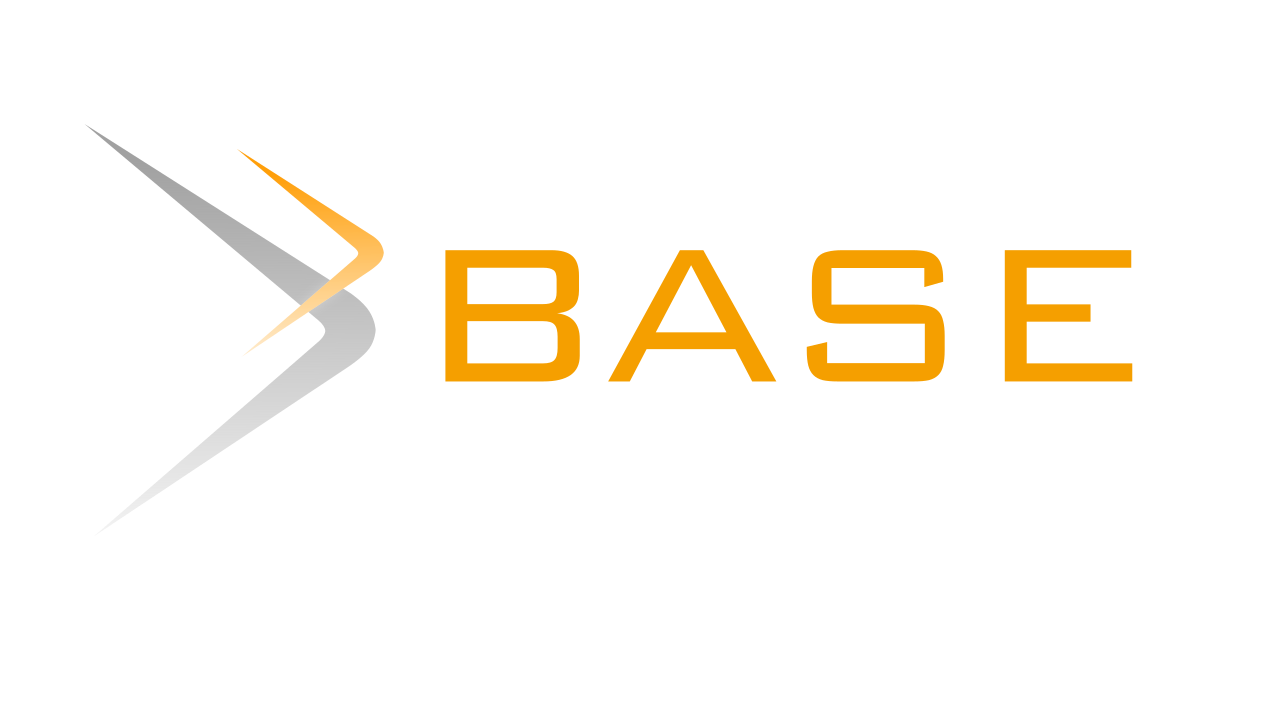Open Source Based Enterprise Resource Planning
DOI:
https://doi.org/10.32486/aksi.v6i1.12Abstract
In the era of the 4.0 industrial revolution, companies are trying to implement information technology to increase competitive competitiveness. Information technology is implemented within the company to increase productivity and help achieve quality, time standards, and satisfaction for consumers and employees, wherein business this is manifested in a set of systems consisting of information systems and supporting infrastructure. One solution is to implement a system to manage all company resources or what is called an Enterprise Resource Planning (ERP) system. Implementing an ERP system requires high costs and is highly dependent on the vendor. The purpose of this research is to build an ERP system on an open-source basis so that it can be used by middle to lower enterprises as an alternative to ERP systems to support the company's operations.
The ERP system was developed using the waterfall system development method. The result of this research is the development of an ERP system based on open source. The conclusion of this research is that the ERP system can be configured according to the needs of small and medium scale companies. Can record documentation of company operational activities. The centralized database system provides benefits for companies to view data on business operations. Suggestions given for further research are to develop warehouse management and material management modules.
References
Akbar, R., & Juliastrioza, J. (2015). Penerapan Enterprise Resource Planning (ERP) untuk Sistem Informasi Pembelian, Persedian dan Penjualan Barang pada Toko EMI GROSIR dan ECERAN. Jurnal Nasional Teknologi Dan Sistem Informasi, 1(1), 7–17. https://doi.org/10.25077/teknosi.v1i1.2015.7
Akbar, R., & Perdamaian, R. (2015). Implementasi Enterprise Resource Planning (ERP) Untuk Sistem Informasi Pembelian, Penjualan dan Persedian Obat Pada Apotek Sentral Herbal Jaya Padang. Issn, 3(2), 29–40.
Amri, A. (2020). Dampak Covid-19 Terhadap UMKM di Indonesia. Jurnal Brand, 2(1), 147–153. Retrieved from https://www.academia.edu/42672824/Dampak_Covid-19_Terhadap_UMKM_di_Indonesia
Firdaus, M. A. (2017). Implementasi Kerangka Kerja Scrum Pada Manajemen Pengembangan Sistem Informasi. Seminar Nasional Teknologi Informasi Dan Multimedia 2017, 1(2), 283–288.
Meizana, M. Z., & Amila, K. (2016). Rancangan Enterprise Resource Planning Di Jegudmilk Dengan Menggunakan Open Bravo. 03(04), 342–353.
Mohadab, M. El, Khalene, B. B., & Safi, S. (2018). Enterprise resource planning: Introductory overview. Proceedings of 2017 International Conference on Electrical and Information Technologies, ICEIT 2017, 2018-January, 1–4. https://doi.org/10.1109/EITech.2017.8255306
Nasir, M., Basalamah, J., & Kusuma, A. H. P. (2019). Kegiatan E-Marketing Sebagai Bentuk Kewirausahaan Dini Bagi Pelajar. Jurnal Pengabdian Kepada Masyarakat, 1(1), 01–08.
Pradiani, T. (2018). Pengaruh Sistem Pemasaran Digital Marketing Terhadap Peningkatan Volume Penjualan Hasil Industri Rumahan. Jurnal Ilmiah Bisnis Dan Ekonomi Asia, 11(2), 46–53. https://doi.org/10.32812/jibeka.v11i2.45
Purwaningtias, F., & Mukmin, C. (2019). Pemodelan Enterprise Resource Planning Menggunakan Odoo Pada Z-Tech Komputer. Klik - Kumpulan Jurnal Ilmu Komputer, 6(3), 275. https://doi.org/10.20527/klik.v6i3.259
Purwanto, H., Nasution, S. Y., & Deastuti, S. (2017). Pengembangan Enterprise Resource Planning (Plant Maintenance) Berbasis Framework Acumatica (Studi Kasus: Modul Maintenance). Infotronik : Jurnal Teknologi Informasi Dan Elektronika, 2(1), 1–19. https://doi.org/10.32897/infotronik.2017.2.1.29
Putri, Y., Ridwan, A. Y., & Witjaksono, R. W. (2017). Pengembangan Sistem Informasi Berbasis Enterprise Resource Planning
Downloads
Published
How to Cite
Issue
Section
License

This work is licensed under a Creative Commons Attribution-ShareAlike 4.0 International License.













